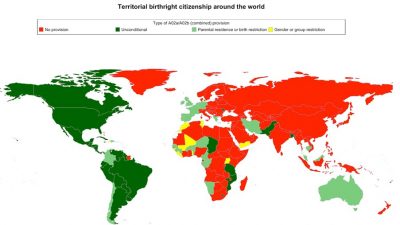
The ECtHR on citizenship revocation: Solving or compounding the confusion?
Earlier this month, the European Court of Human Rights rejected a complaint brought by a Danish-born man convicted of terrorist offences challenging the revocation of his Danish citizenship and his expulsion to Tunisia. The decision brings closure to a controversial case and shines new light on the sensitive relationship between citizenship revocation and Article 8 ECHR.









